Two-time Oscar-winning actor Jodie Foster has been central to many of film’s most iconic moments, and later this year she’ll be taking her talent to the small screen as the lead of HBO’s latest installment of True Detective, which is subtitled Night Country.
Foster always delivers, from the chilling conversations between Foster’s FBI agent Clarice Starling and psychiatrist-turned-killer Hannibal Lecter (Anthony Hopkins) in Silence of the Lambs (1991) to her flawless delivery of “They should have sent a poet” upon seeing the beauty of space in Contact (1997). The problem? True Detective isn’t as reliable. (Ahem, that sophomore season, anyone?) Still, there are many reasons to be optimistic about True Detective: Night Country.
For starters, series creator Nic Pizzolatto’s contract with HBO ended, so the network is bringing in fresh talent, including executive producer Barry Jenkins (Moonlight), writer-director Issa López (Tigers Are Not Afraid, originally titled Vuelven), and director of photography Florian Hoffmeister (Tár). The setting also feels untapped; Night Country is trading the Southern Gothic bent of the first season, the moody Inland Empire of the second, and the third season’s Ozarks for the long winter night of Ennis, Alaska.
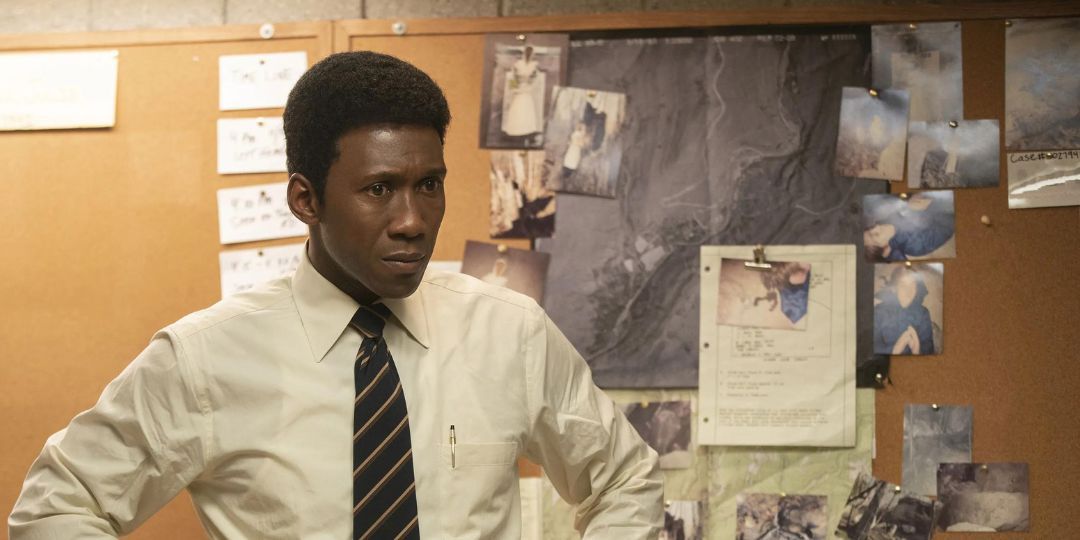
And then there’s the talent in front of the camera. Previous seasons have starred Woody Harrelson, Matthew McConaughey, Rachel McAdams, and Mahershala Ali, so it’s no surprise that HBO pulled in Jodie Foster, another huge name, to helm True Detective: Night Country. Given her long career in Hollywood, Foster has given some truly memorable performances. These 5 key roles from Foster’s career are not only worth revisiting, but they make it clear that she’ll take True Detective to new heights.
Panic Room (2002)
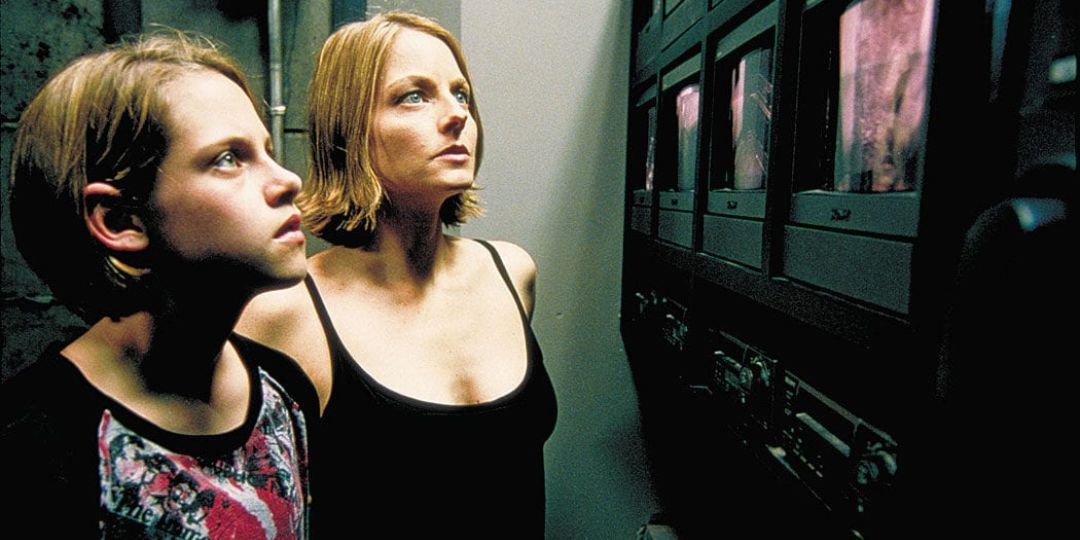
Directed by David Fincher (Seven, Gone Girl), Panic Room features an all-star cast: Kristen Stewart, Forest Whitaker, Jared Leto, and, of course, Jodie Foster. Inspired by news coverage of real-life panic rooms, the film is a thriller to its core. Foster plays Meg Altman, a recently divorced woman who moves into a four-story Upper West Side brownstone with her teenage daughter, Sarah (Stewart). The apartment comes equipped with a panic room and an extensive security system, which Meg writes off as a symptom of the previous owners’ paranoia.
In true movie fashion, the security features come in handy pretty immediately. On their first night in the brownstone, Meg and Sarah rush to the panic room when three men break in, looking to steal bonds from the titular room’s safe. Foster and Stewart try to outsmart the invaders, who, in turn, try to smoke them out. From the action sequences — a lot of stealthy moments and mind games — to Foster’s compelling performance, Panic Room is not only one of the actor’s best movies, but it also proves that she’s good at playing a person in crisis, all while maintaining the audience’s trust and empathy.
Silence of the Lambs (1991)
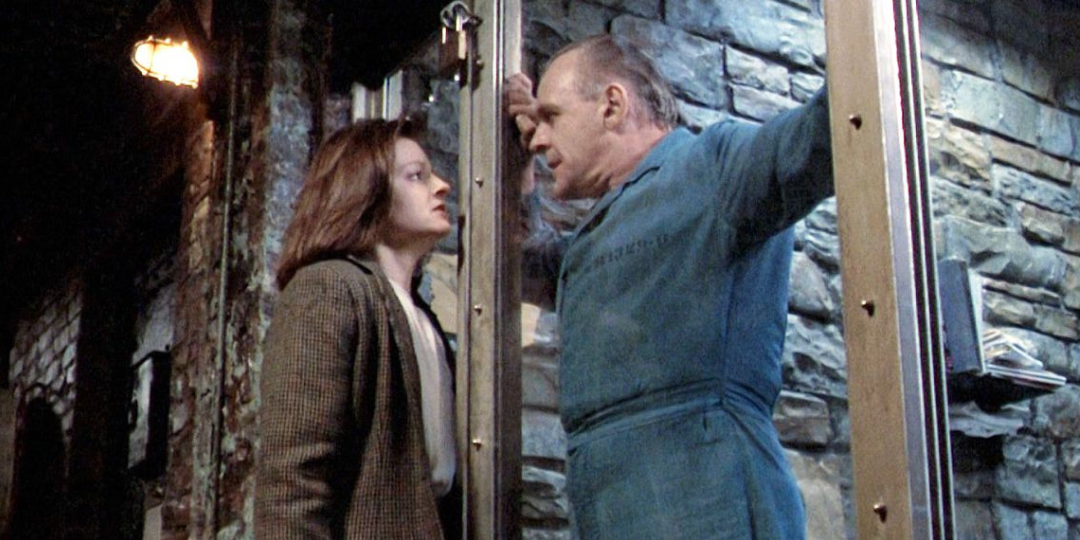
Perhaps Jodie Foster’s most well-known movie, Silence of the Lambs sees her playing FBI trainee Clarice Starling, who’s plucked from Quantico by the bureau’s Behavioral Science Unit (BSU) to help hunt down a serial killer, “Buffalo Bill” (Ted Levin). To aid the BSU’s search, Clarice interviews a rather interesting source: Dr. Hannibal Lecter (Anthony Hopkins), an incredibly sharp psychiatrist-turned-cannibalistic-serial-killer who’s incarcerated for his crimes.
In a way, True Detective: Night Country nicely bookends this role from the height of Foster’s career. Instead of playing the rookie agent, Foster stars as veteran Detective Liz Danvers, who, along with her partner Evangeline Navarro (Kali Reis), must confront her past while exploring the dark truths buried in the Arctic ice. Foster has the chops to go toe-to-toe with criminal characters, as Silence of the Lambs proves. There’s no doubt that she’ll feel right at home in this role too — outmaneuvering anyone who stands in the way of her case.
Taxi Driver (1976)
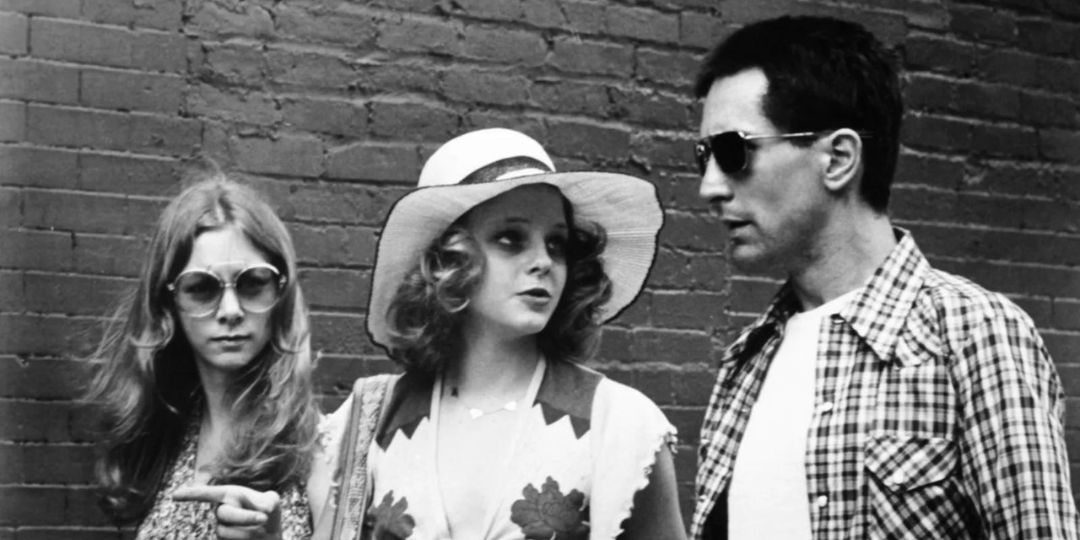
Director Martin Scorsese’s Taxi Driver boasts a truly all-star cast: Robert De Niro, Cybill Shepherd, Harvey Keitel, Peter Boyle, Albert Brooks, and, of course, Jodie Foster. Often, critics place the film alongside the ranks of The Godfather Part II (1974) for its contributions to cinema. That is, it was a game-changer when it premiered in the mid-70s, and it has since influenced generations of filmmakers.
Set in a post-Vietnam War version of New York City that’s as morally bankrupt as it is degraded, the psychological thriller centers on vet Travis Bickle (De Niro). Much like the city, Bickle finds himself falling apart as a result of insomnia and post-traumatic stress disorder (PTSD) — the decaying city is a reflection, then, of the cab driver’s mental state. A young Foster plays Iris, a child sex worker; Bickle, upset with the state of the city and its “scum” inhabitants, tries to convince Iris to stop her line of work.
A former Disney star, Foster made a name for herself as a serious actor in Taxi Driver. Moreover, Scorsese has described the film as a fever dream of sorts. If the tone of previous True Detective seasons are any indication, these sorts of atmospheres — and stories that conflate these settings with characters’ mental health — are integral to the anthology series. And we know Foster has the experience to bring a similar world to life.
The Accused (1988)
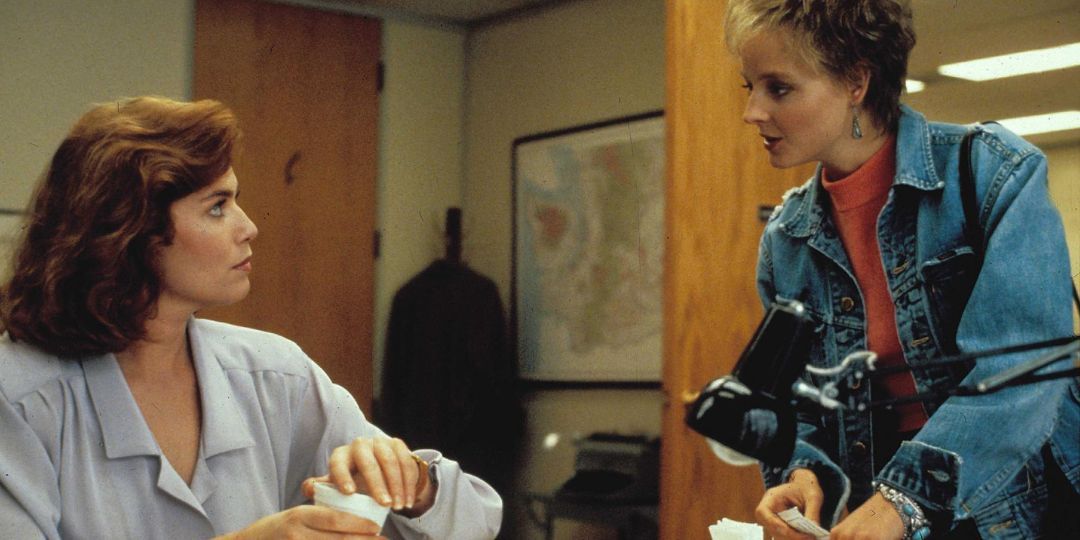
In the Oscar-winningThe Accused, Jodie Foster plays Sarah Tobias, a waitress who is gang raped by three men at a local bar while patrons watch — and even cheer the rapists on. Attorney Kathryn Murphy (Kelly McGillis) fears that, despite all the physical evidence corroborating Sarah’s story of the crime, Sarah’s reputation as a flirt will undermine her credibility in court. When Kathryn allows the rapists to plead guilty to lesser offenses, Sarah is furious: not only is this a strong case of victim blaming, but she isn’t able to tell her story.
Many detective stories overlap with courtroom drama, something Foster can play Oscar-levels well. But True Detective: Night Country also offers up an interesting premise. Instead of centering on a disappeared woman or a crime against women, the show focuses on eight men who vanish without a trace from the Tsalal Arctic Research Station during the polar night. Between this setup and the fact that the two detectives are women, the show is flipping the script on genre tropes, and empowering one of Foster’s characters in quite a different way from The Accused.
Inside Man (2006)
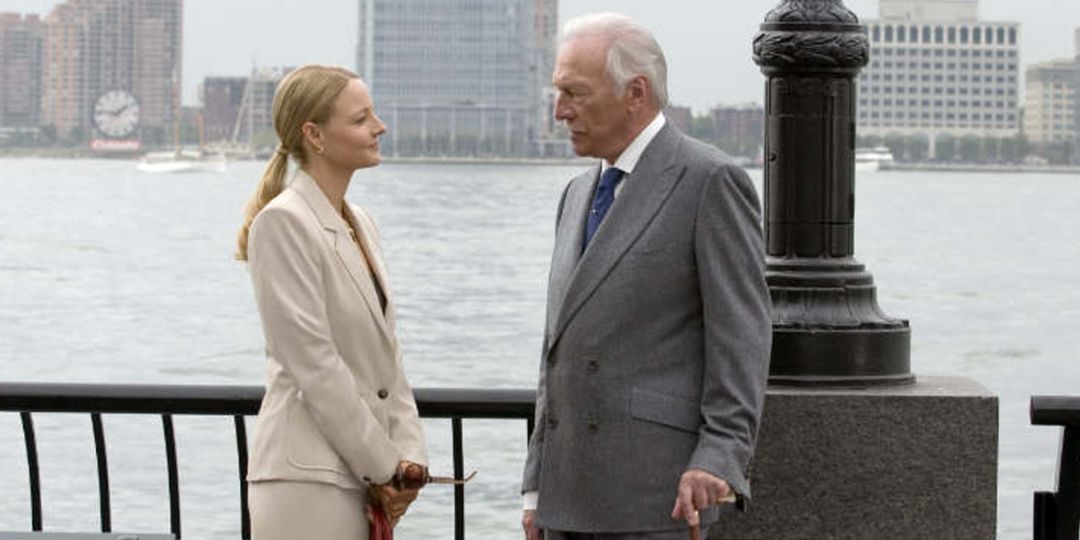
Inside Man, a heist thriller from Oscar-winning filmmaker Spike Lee, centers on an incredibly elaborate Wall Street bank heist. The film stars Academy Award winner Denzel Washington as a detective and hostage negotiator, Clive Owen as the heist’s mastermind, and Jodie Foster as a power broker who ends up entangled in the heist when the bank’s founder (Christopher Plummer) asks her to safeguard something from the robbers.
In the film’s production notes, Foster describes her power broker character, Madeleine, as being “very strong” without having to raise her voice or yell — “she’s got authority [and] there’s seductiveness, a charm, if you will, to her ability to get into people’s psyches.” Here’s hoping Liz Danvers carries that same kind of commanding presence in True Detective: Night Country.
Bonus: The Little Girl Who Lives Down the Lane (1976)
A kind of cult classic that’s since been declared a statement on children’s rights, The Little Girl Who Lives Down the Lane centers on teenage Rynn Jacobs, played by Jodie Foster. Given her poet father’s absence, and her mysteriousness, her small-town Maine neighbors grow suspicious of her. The film is a thriller, mystery, and horror work all at once, and Foster balances the requirements of those genres deftly. The True Detective series has always walked genre lines, so, needless to say, Foster’s talents are well-suited to a cross-genre show.

